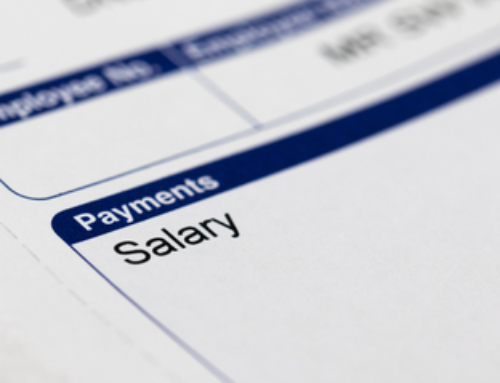No one wants to be in a situation where they feel they have to dismiss an employee. However, not every hire works out perfectly. If you’ve tried everything you can to help and nothing is improving, there may not be a choice. To help you with dismissing an employee in the correct way, there are a few things you need to know.
In the UK, all employees have a right to not be unfairly dismissed after working for a company for 24 months. Employees can however be dismissed if it is for a fair reason and it is done in a fair way.
What is a fair reason to dismiss an employee?
Knowing what a fair reason to dismiss someone for is key. You can fairly dismiss people if they meet the following criteria:
- If they do not have correct immigration status and you continue to employ this person, this would be illegal
- Poor conduct: lateness, stealing from others, stealing from the company, drinking at work, refusing to complete tasks
- Criminal history and convictions prevent people from working in certain industries, this can include losing a driving license if one is required to complete the job
- Redundancies: this can include the closing of the business/ or the premises where the person worked OR if there is no longer a demand for the work, therefore the requirement for an employee is no longer
- Employees abilities, capabilities, and qualifications: not able to do the job, lacks the skills and or ability, whether they are able to fulfill job requirements because of abilities whether this is skills-based or physical (due to illness), their work is below standards required
NOTE: if their illness is considered chronic, they could be classed as having a disability. If dismissed because of this, it could be considered discrimination. Please contact us for legal advice before going down this route.
Consequences of dismissing an employee unfairly
If you unfairly dismiss an employee, there could be a claim made against your company for wrongful dismissal, and the case could go to an employment tribunal. Once there, the employee can request re-engagement and compensation.
To avoid a claim from a former employee for unfair dismissal, employers must ensure:
- They have a fair reason to dismiss an employee
- They follow a fair dismissal procedure
- They act reasonably and fairly in all of the circumstances
- That the dismissal must be within the reasonable responses open to a reasonable employer
How to act fairly and reasonably
Following a set and fair procedure is vital to ensuring that employees are treated fairly in all circumstances. These points will help you to act reasonably:
- Ensuring you have a fair reason for dismissal
- Follow the correct procedure: this could be set by head office, but even if you are a small business you should have one
- Noting down all relevant information: gather evidence to prove reasons for a fair dismissal
- Do not discriminate: if unsure seek legal advice
- Invite the employee to each disciplinary meeting: they can attend with colleague or trade union representative
- Hold a disciplinary meeting in line with business procedures
- Make a decision after meeting ensuring consistency and considering past similar circumstances
- Inform the employee of your decision: keep a written record of this
- Inform the employee of their right to appeal your decision
After this, you must consider the potential impact on the rest of the business and employees. Will you need to hire someone new or restructure your team?
If you are having difficulty making a decision about whether you can fairly dismiss an employee, get in touch with one of our team today at info@beestonshenton.co.uk or give us a call.




